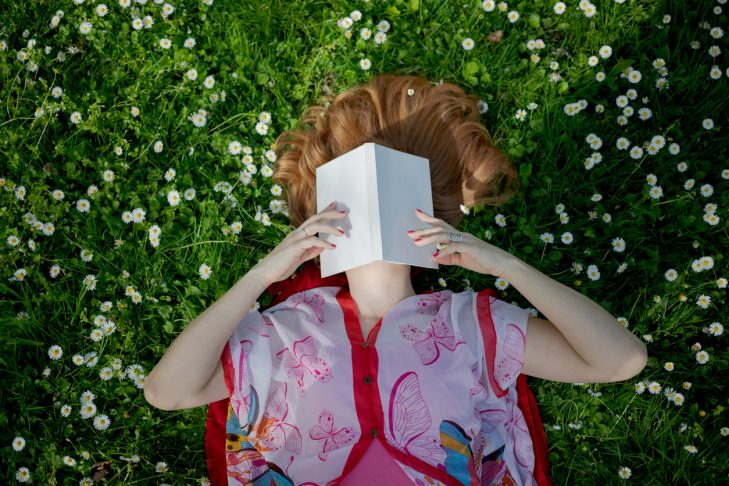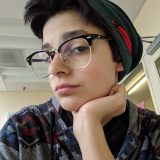As a kid, I would have appreciated more Jewish characters. Even though religion wasn’t a focal point of most of the books I read, Christmas and Easter always made their presence known as fixtures rather than options. Very infrequently did a plucky young hero light the menorah on Hanukkah or schlep her way to synagogue instead of church. There were no Jewish kids at Hogwarts (unsurprising, given the glaring anti-Semitism of J.K. Rowling’s goblin bankers), so I pretended Hermione was Jewish and just celebrated Christmas with the boys to be polite.
Regardless, the lack of representation was draining. I could hypothesize and ignore canon all I wanted, but it seemed the only explicitly Jewish characters were sequestered into Holocaust narratives. Female characters in particular ended up on the chopping block, reduced to caricatures or innocent victims destined for suffering. Kids garner their world views from the media they consume, so what did this parade of torture mean about my own future?
Children’s and young adult literature has improved tremendously since I was a kid. When I worked as a bookseller, I paged through stories with rich casts, diverse sexualities and complex plot lines that would have enthralled me a decade earlier. Adult literature is…less great. Publishing houses are still overwhelmingly white and while diverse authors are getting a bit more screen time, the needle still skews toward white, straight men (who, after dominating the literary environment for centuries, could use a break).
I find myself gravitating toward the growing representation of Jewish people within literature, but the time when that would have made an enormous impact is long gone. I know I’m not a superhero or an adventurer. What I want to be is a writer, and though fiction is full of writers, very few of them are Jewish women.
So, we turn to the real world, where we should have been all along. Representation in fiction is important, but ultimately the storytellers are the source of the story. When I began working in the publishing industry, I was floored by how many Jewish female authors were writing about the Jewish experience and even more excited by the selection of children’s books with Jewish protagonists. Adult fiction authors like Jami Attenberg explore Jewish family dynamics, while Sofiya Pasternack writes an epic tale in which the hero is a Russian Jewish girl.
I was also pleased to learn that several authors whose work I had enjoyed previously were also Jewish, even if the topics of their books weren’t explicitly so. We can’t demand that writers depict solely their own experience, but a Jewish story coming from a Jewish writer fizzles with a certain understanding, a tacit wink between her and the reader. Seeing these books come to life up close is heartening, not only for me as a writer but for their future readers. I’m excited to see how the industry progresses as we pursue more diverse writers eager to tell their stories.



